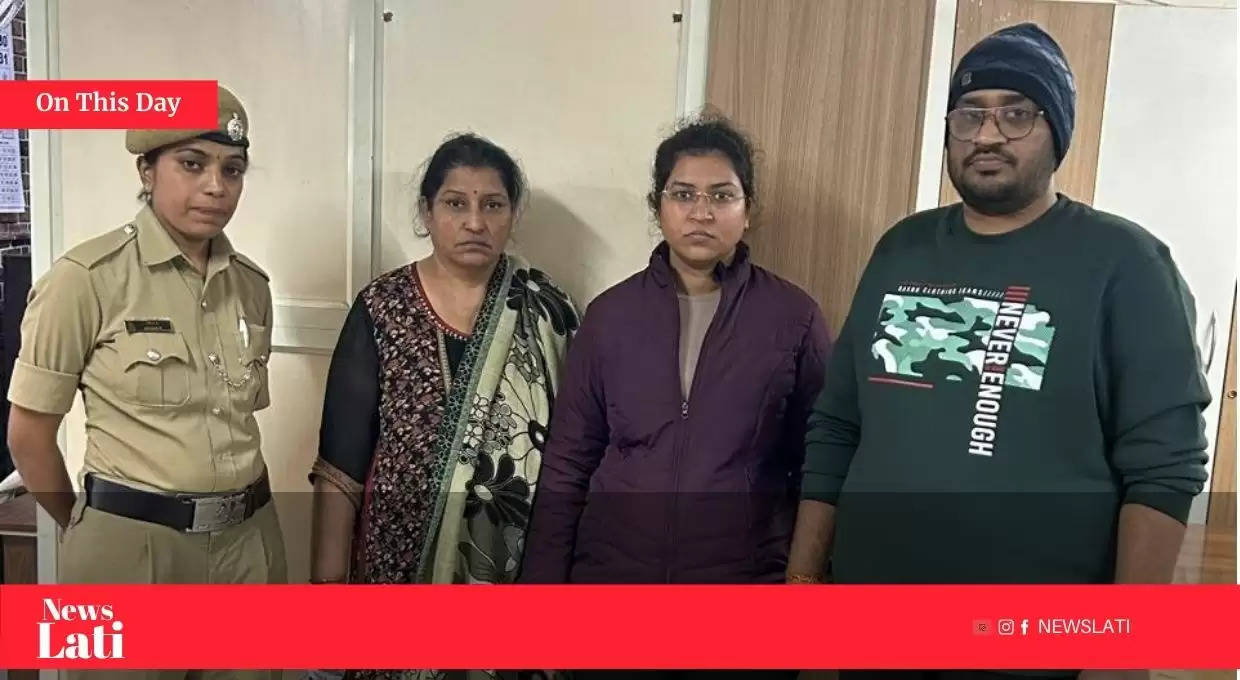Nikita Singhania, Nisha Singhania, and Anurag Singhania Arrested in Atul Subhash Suicide Case
Bengaluru Police Take Action Against Alleged Harassers

-
Nikita Singhania, Nisha Singhania, and Anurag Singhania arrested in connection with Atul Subhash's suicide.
-
Arrests made in Gurugram and Prayagraj following the tragic incident in Bengaluru.
-
Public calls for accountability of Judge Reeta Kaushik resurface amid the legal proceedings.
In a significant development in the case surrounding the suicide of Bengaluru-based techie Atul Subhash, the primary accused - his wife Nikita Singhania, mother-in-law Nisha Singhania, and brother-in-law Anurag Singhania - have been arrested by the Bengaluru Police. The arrests were executed on December 14, 2024, with Nikita Singhania being apprehended in Gurugram, Haryana, while Nisha and Anurag were taken into custody in Prayagraj, Uttar Pradesh. Following their arrests, all three were remanded to judicial custody, marking a critical step in the ongoing investigation into the allegations of harassment and extortion that Atul Subhash detailed in his suicide note and video.
Atul Subhash, who was found dead by suicide on December 9, 2024, had accused his wife and her family of subjecting him to relentless harassment and extorting large sums of money, including demands for Rs 3 crore to settle divorce proceedings and Rs 30 lakh for visitation rights to his son. His detailed accounts were left in a 24-page suicide note and an 81-minute video where he also implicated a family court judge, Reeta Kaushik, for corruption and bias during the legal battles.
The case has sparked outrage on social media, with demands for justice for Atul Subhash, including calls for action against Judge Reeta Kaushik. Public sentiment has been vocal in its criticism of the legal system, particularly concerning the perceived misuse of laws meant to protect women, which some argue have been weaponized for extortion in this instance.
The police action follows a complaint filed by Subhash's brother, Bikas Kumar, under sections 108 and 3(5) of the Bharatiya Nyaya Sanhita (BNS), which deal with abetment to suicide and joint criminal liability. The arrests have been met with a mix of relief and further calls for systemic change to prevent such tragedies in the future.
This incident has reignited discussions about the need for legal reforms to ensure equitable treatment in marital disputes, protecting individuals from misuse of legal provisions while addressing genuine cases of harassment.
